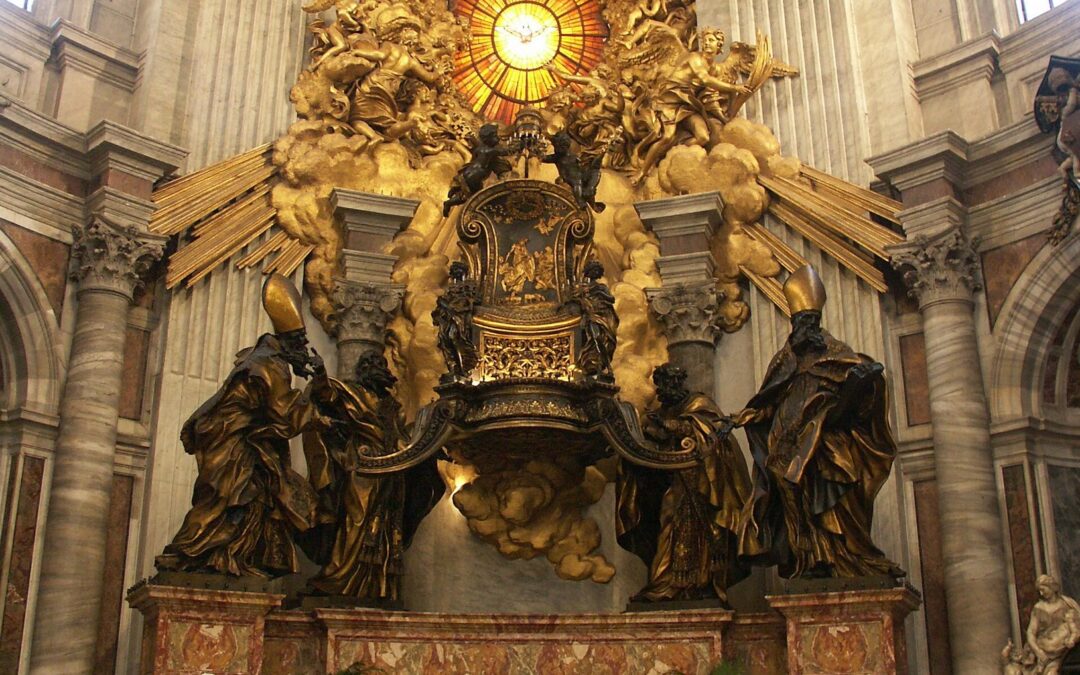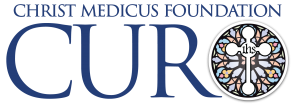Photo Credit: Dnalor 01, CC BY-SA 3.0, via Wikimedia Commons
The Feast of the Chair of St. Peter is a feast celebrating the office of the Holy Father—the Pope. Some of our non-Catholic Christian brothers and sisters don’t understand why the office of the Pope exists. Of course, we know that the authority of this office comes directly from Christ Himself who said to St. Peter: You are Peter, and upon this rock I will build my church, and the gates of the netherworld shall not prevail against it. I will give you the keys to the kingdom of heaven. Whatever you bind on earth shall be bound in heaven, and whatever you loose on earth shall be loosed in heaven” (St. Matthew 16:18-19).
Furthermore, the office of the Pope is foreshadowed in the Old Testament. The prophet Isaiah, speaking about the ‘prime minister’ of King David, said, “On that day I will summon my servant Eliakim, son of Hilkiah; I will clothe him with your robe, gird him with your sash, confer on him your authority. I will place the key of the house of David on his shoulder; what he opens, no one will shut, what he shuts, no one will open” (Isaiah 22:20-22). As we can see by the grant of power and the gift of the keys, Christ, as the son of David, was establishing a similar position in His kingdom with St. Peter.
Regardless of who occupies this office, the Pope represents the visible unity of the Church, making the office of the Pope a sign of stability and strength. In our fast-paced and secular world, it is so easy to forget the gift that Jesus gave us in the office of the Holy Father. In an unbroken line of apostolic succession, the current Holy Father Pope Francis is the successor of St. Peter. Let us thank the Lord for the gift of the Holy Father, for it is not in vain that the Lord sovereignly created this office and made it the visible foundation and source of unity of His Church.
There are some concrete ways we can honor this feast. First, and perhaps most importantly—we can pray for the intentions of the Holy Father and for his holiness and leadership of the church. We know that our struggle is not just with flesh and blood but with principalities and powers. Spiritual warfare is real, and the Holy Father is almost surely targeted more than anyone by the demonic, so it is imperative that we pray for him. Additionally, we can offer up our sufferings for our local bishop who shares in the authority Christ conferred upon St. Peter. Lastly, we can seek to share with others the importance of the gift Jesus gave us in the Holy Father and what this means to the Church and the Kingdom of God.


